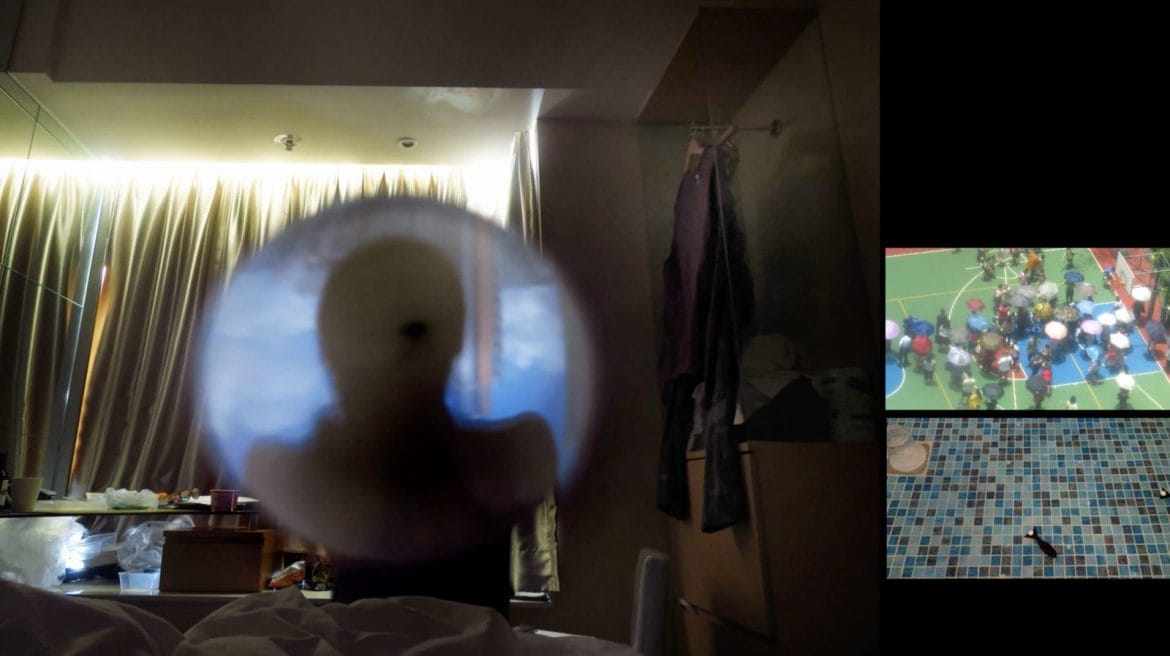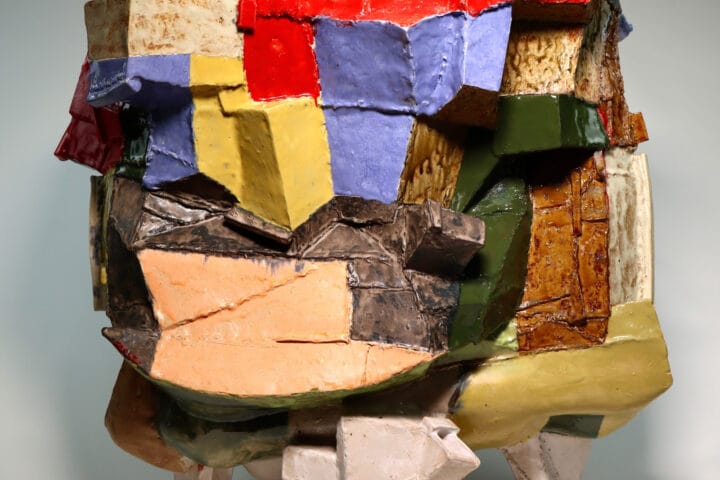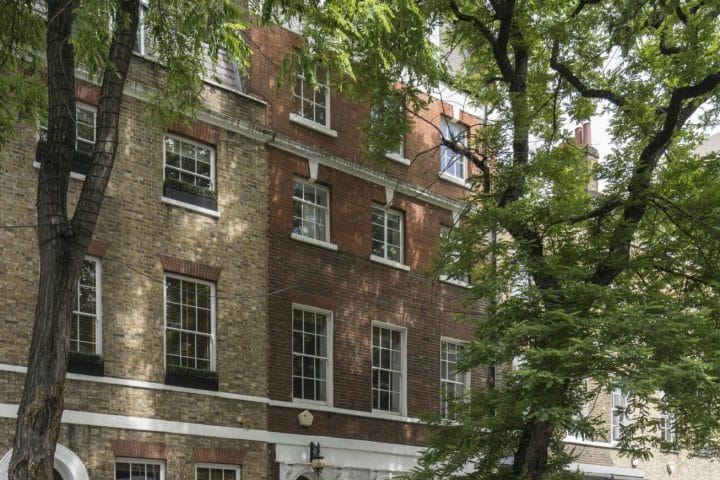SCENE 4 | The Fault Zone (Hao Jingban, Su Wei and Qu Chang)
31 Aug – 11 Sep 2021
The final scene of Play and Loop III will feature works from the artist-curator-initiated project The Fault Zone; presenting Hao Jingban’s I understand (2020), Su Wei’s The Light of Friendship (2020), and Qu Chang’s To the Countryside (2021).
Moving to Berlin in the beginning of 2020 for the year-long DAAD residency, Hao Jingban reflects on the racial discrimination she experienced as a Chinese as the pandemic hit the city in I understand (2020). With the virus in full force, many social political factors were triggered. Class and racial differences became immensely apparent. Amid the pandemic, the Black Lives Matter protest movement erupted. As the crisis tore many apart, she became aware of the significance of understanding another’s reality, and how most of us all too readily believe we understand another’s pain. As Hao attends the BLM protests, she realises that the movement also served as an emotional pillar for the discriminatory angst she felt during the past months. Quoting singer and civil rights activist Nina Simone, she reconsiders her agenda as an artist living in this critical moment. Perhaps, the artist’s first paradoxical epiphany is that to understand, is to accept the utter impossibility of understanding.
As a former resident in Hong Kong, Su Wei traverses across different geographical circles in The Light of Friendship (2020), navigating Hong Kong and its political situation through the observation of individuals, their facial expressions and their beliefs. Interwoven into the video are clips of a local street singer performing for the neighbourhood citizens of Mong Kok. Between her songs, she blesses the enthusiastic crowd with encouraging messages – that there should be “no strife, no quarrels and no struggle”, emphasising harmonious friendships, while efficiently taking cash tips from gawking fans in the crowd. The streetwise performer ends her show with a cover of “The Light of Friendship” by Hong Kong singer Maria Cordero (Fat Mama), a classic canto-song from the Hong Kong film Prison on Fire (1987). Despite the resonating crowd, these messages mask underlying issues against the complex backdrop of Hong Kong’s 2019 protests. A collective sentiment appears overly simplistic, undermining our differing circumstances. Drowned within voices of those merely fighting for an envisioned ideology, are true victims of systemic oppression, turning to the movement as their last hope.
In Qu Chang’s To the Countryside (2021), she takes apart the complexity of feeling empathy in response to the Hong Kong’s recent state of flux. The video essay, fashioned as a response letter to the essays of Hao and Su, takes place in the Yuen Long countryside of Hong Kong where Qu recently moved to. The idyllic rurality permits a strange disconnection from the events in the city and prompts a distant reflection on the emotional psychology of activist movements. When she moved to the countryside, it was marketed as a place of purity, but the countryside is not without complexity as property developers intervene with New Territory land rights, swaying personal interests and political leanings. She explores affection, and the way it fuels and alters the narrative of violence, how our facade of rationality can be interrupted as situations trigger us to feel emotionally charged.

As we continue with our mundane lives in this moment in time, we can’t help but feel the weight of global humanitarian crises happening around us. Against dominant voices, media biases, and finger pointing, these videos form a close exchange, affectively confronting the way we articulate political movements within our own mental sphere. By dissecting their own physical and emotional responses to these activist movements, The Fault Zone speaks the depth of our minds and reinforces the urgency of our personal-collective agenda.
On view in the gallery throughout the eight weeks of Play and Loop III are time-based installations of three artists. Carla Chan’s Space between the light fades (2021) is an animated lightbox showing an ethereal halo ebbing and flowing like a hallucination, or the afterimage of staring into sunlight. Tiffany Sia’s A Wet Finger in the Air (2021) is a randomized infinite loop of bilingual weather reports from 1980-90s Hong Kong TVB station, attempting to capture the prevailing dynamics in a city despite rapidly shifting weather trends. Luke Ching Chin Wai’s Quarantine Hotel (2021) is an installation of objects and slideshow of images from the artist’s recent 21-day quarantine in Hong Kong, where in purgatory idleness the artist turns his chamber into a temporary camera obscura, projecting the off-limit outside world into an interior landscape. Like all of us stuck in the past year, these artists have been daydreaming out of the window into light, incessantly following news reports, and earnestly reveling in a little world despite.

Blindspot Gallery ????
15/F, Po Chai Industrial Building
28 Wong Chuk Hang Road
Wong Chuk Hang, Hong Kong












